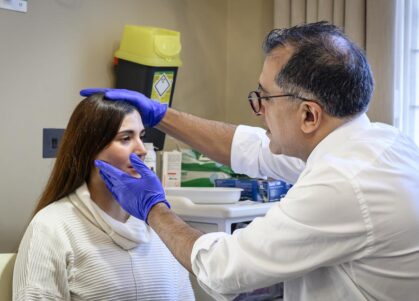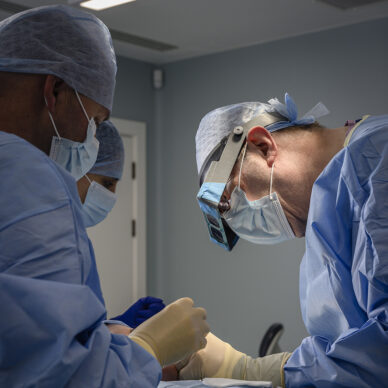A Multi Skilled Environment
From trauma unit members, or general surgeons, to an ophthalmologist, a variety of staff can be involved in treating and assessing facial injuries. For any which are serious, a maxillofacial consultant may be called in.
They have the ability to assess skin and soft tissue injuries, damage to the frontal bone, the jawbone, or maxillary bones. A consultant’s knowledge also helps with related blood, nerve, or sensory system damage.
Whilst dealing with immediate needs is important, a maxillofacial surgeon will consider the longer term. Ensuring that information recorded, or decisions made focus on building a positive future.
Scarring, or facial deformity need to be considered, the onset of conditions such as sinusitis, or whether nerve damage could hinder senses, or sensation. Unwanted tooth, or jaw alignment could bring further functional issues.
Rebuilding Health
Whilst their advice and practical input contribute to initial treatment, the deeper benefits a maxillofacial surgeon brings can be some way down the road.
This may be part of pathway treatment, planned following the trauma, although our clinic also sees cases where the injury happened years earlier. This does not mean that good function and health can’t be restored.
Specialist skills available to treat facial trauma can rebuild most types of tissue. This could be jaw surgery, to restore function, dentoalveolar, microvascular, or other aesthetic surgery, to overcome disfigurement.
The psychological benefit of maxillofacial treatment is a critical factor a consultant will have in mind. Their skills are there to support other clinicians but above all, to ensure that facial trauma surgery can change lives.
If you are concerned over a recent, or historic facial injury, talk to our friendly staff. They understand the implications and opportunities for specialist treatment.

